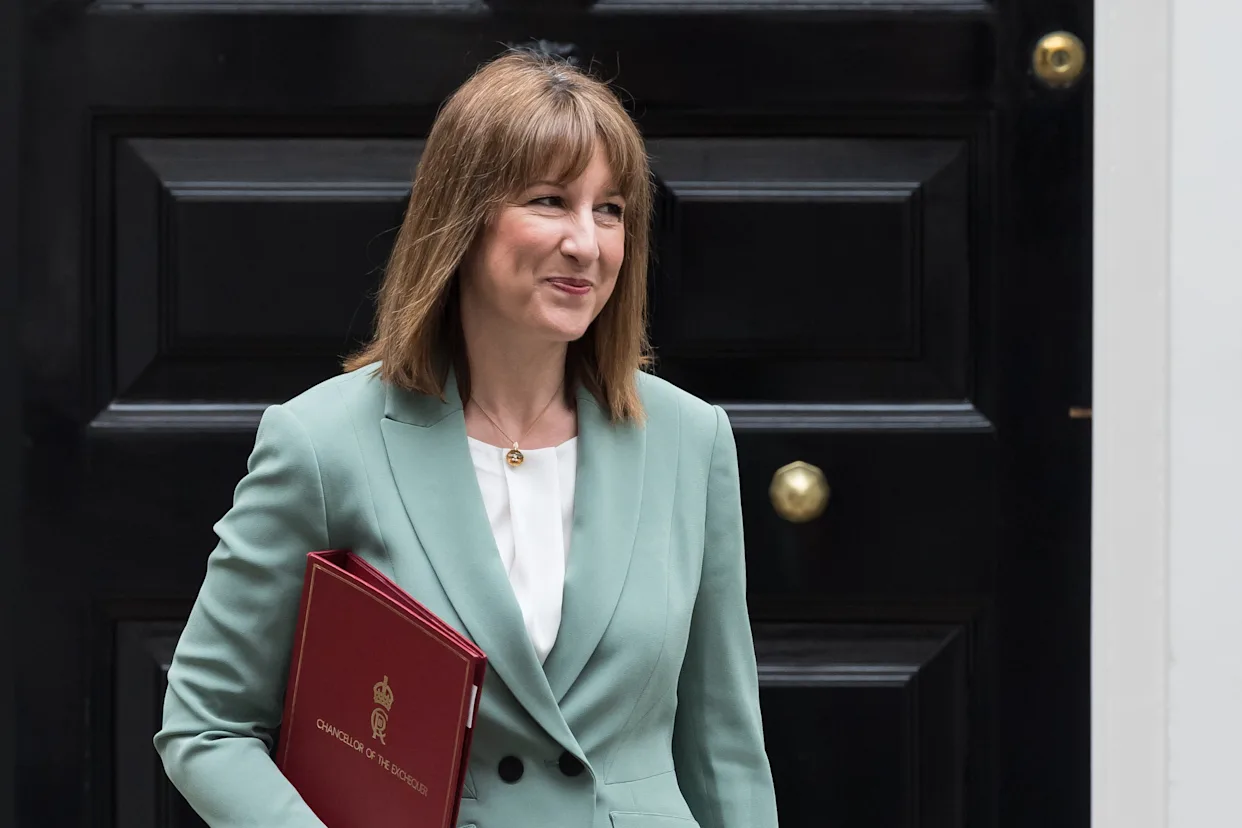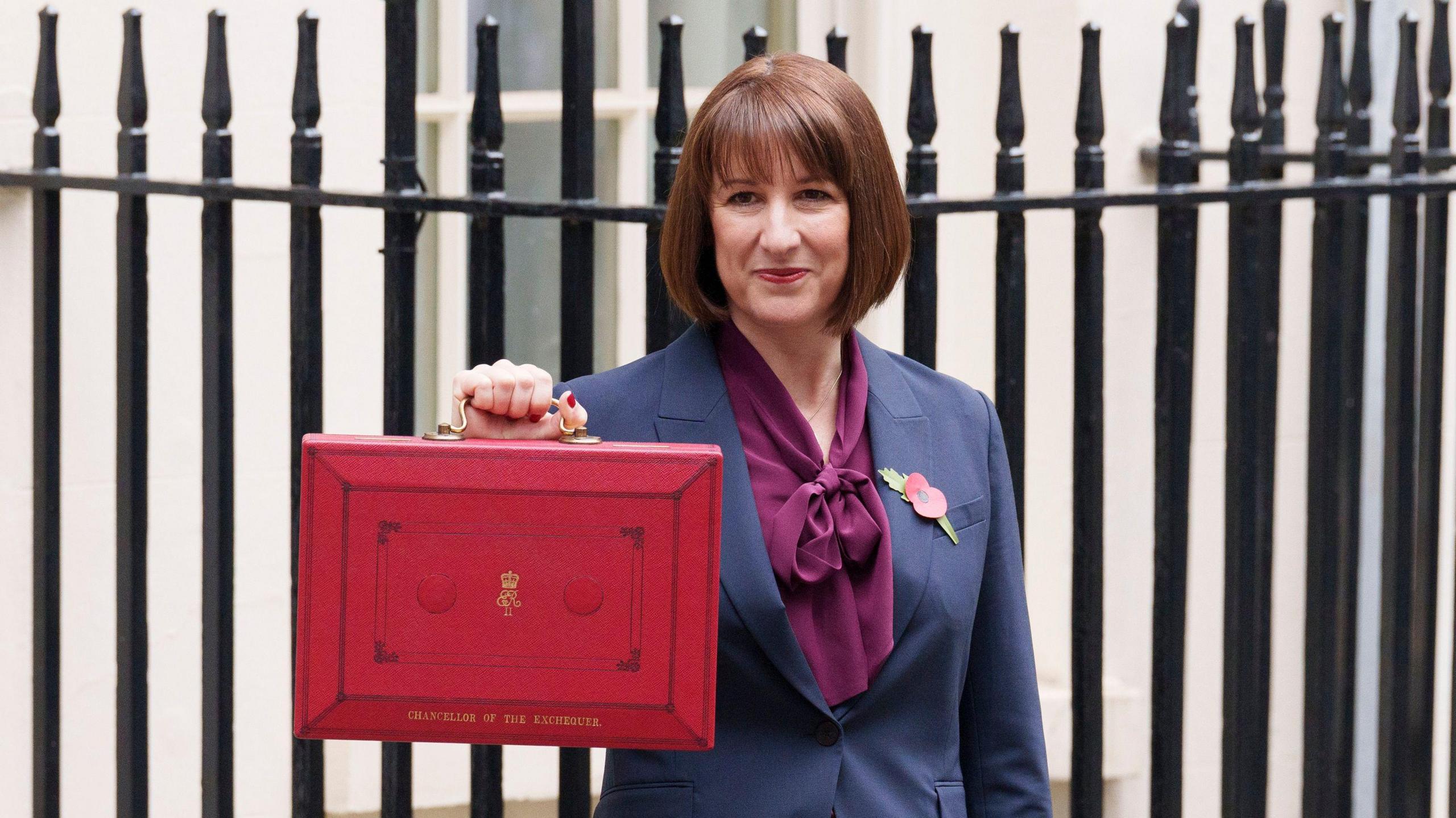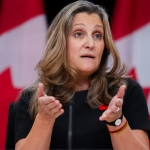The question buzzing through homes and offices this morning boils down to one urgent detail. What time is the Budget today? Families are counting every pound amid rising bills, companies are plotting survival strategies against economic headwinds, and savers are eyeing any whisper of relief. This 2025 Budget Statement arrives loaded with tension, promising shifts that could redefine daily finances for millions across the UK.
Today, Wednesday 26 November 2025, the Chancellor of the Exchequer steps into the spotlight in the House of Commons. The delivery will outline paths for living expenses, wage growth, investment opportunities, and market stability over the coming year. Whispers from Westminster suggest bold moves ahead, turning this into more than routine policy talk.
What Time Is the Budget Today?
The Chancellor begins the 2025 Budget Statement at 12:30pm, right after Prime Minister's Questions wraps up. This slot ensures maximum attention from lawmakers and the public alike.
Viewers can catch it live on Parliament TV, with a British Sign Language interpreted version for broader access. From that instant, details emerge on potential tax hikes, cuts, or freezes, alongside government strategies to counter the economy's recent slowdown. Households and businesses hang on every word, knowing announcements could ripple into paychecks and prices almost immediately.
The timing underscores the event's gravity. In a year marked by persistent cost pressures, this 12:30pm moment feels like a national exhale, waiting to see if relief arrives or challenges deepen.

Chancellor Rachel Reeves outlines plans to increase some taxes in the November Budget.
Why Today’s Budget Carries Extra Weight
Budgets often follow familiar scripts, but this one pulses with real urgency. Millions lean in, hoping for tweaks to income tax bands that might ease the monthly grind. Others watch for National Insurance reforms, stamp duty adjustments, or freezes on fuel and alcohol duties that could steady budgets strained by inflation's long tail.
Savers anticipate new incentives, while renters and mortgage holders seek extensions to support schemes. The emotional pull hits hard, especially after years of navigating steeper rents, climbing interest rates, and groceries that refuse to settle. For many, this is not abstract policy, it's the difference between breathing room and another tight month.
According to analysis reviewed by Finance Monthly, briefings point to targeted measures for energy bills and small business relief, potentially injecting £5 billion into vulnerable sectors. Yet the stakes evoke a quiet dread, a collective wonder if the scales will finally tip toward fairness.
What Happens Next: From Statement to Real-World Shifts
The Chancellor's words at 12:30pm trigger a swift cascade of events that reshape finances by evening. As the speech concludes around 1:45pm, HM Treasury unleashes full documents, including economic projections, spending blueprints, and breakdowns of who benefits most.
Opposition leaders fire back by 2pm, their critiques fueling media storms that dominate feeds for hours. Markets twitch on the data, with investors parsing clues for growth or austerity signals.
By 6pm, the Provisional Collection of Taxes motion often greenlights instant changes to duties on tobacco, alcohol, or fuel, hitting shelves overnight. Businesses stockpile where they can, while shoppers recalculate holiday plans.
Debate kicks off immediately, stretching four days to 2 December, with themes from health funding to cost-of-living aids. Thursday's Shadow Chancellor response sets the political tone, hinting at election fault lines.
For taxpayers, resolutions could enforce new taxes before full laws pass, underscoring the Commons' grip on purse strings. The Finance Bill follows swiftly, weaving proposals into statute with minimal Lords interference.
Tune in at 12:30pm for the unfiltered pulse of change. By nightfall, clearer paths emerge for 2026 finances, whether through squeezed margins or welcome buffers.

Chancellor Rachel Reeves pictured with the iconic red Budget Box outside Downing Street, as speculation grows over a potential change to taxes.
What Readers Are Asking About the Budget Right Now
Will the 2025 Budget Raise My Income Taxes, and How Much Could It Cost Me?
Speculation swirls around income tax thresholds, with fiscal drag already set to pull millions into higher bands without adjustments. If the Chancellor freezes them again, a typical earner on £35,000 might lose £300 yearly to stealthier taxation, per recent OBR models. Yet briefings hint at modest uplifts for basic rate payers, potentially saving £150 to £250 for families, easing winter bills. Watch for announcements targeting middle earners, as opposition pushes for broader relief to counter inflation's bite, ensuring the Budget delivers fairness over revenue grabs.
How Will Today's Budget Affect Fuel and Energy Prices for Households?
Fuel duties often adjust on Budget Day, with 6pm implementation rippling to pumps by morning. A freeze could hold petrol at current levels, saving drivers £50 annually on average commutes, vital amid squeezed budgets. Energy support extensions might cap bills for vulnerable homes, building on last year's £400 rebates that shielded 8 million from peaks. Consumers should brace for tobacco and alcohol tweaks too, but positive signals point to stabilising essentials, offering a buffer against global volatility and colder months ahead.
What Mortgage or Housing Relief Might Come from the 2025 Statement?
Stamp duty bands face scrutiny as the market cools, with potential hikes for second homes funding first-time buyer aids. A £10,000 threshold cut could unlock 50,000 more sales, per industry forecasts, while mortgage guarantee schemes extend to ease deposit barriers for young families. Renters may see landlord tax incentives curbed, indirectly stabilising tenancies. This mix aims to thaw the freeze, blending relief for strugglers with targeted boosts, making homeownership feel achievable again in a landscape of high rates and hesitant lenders.
My Take: Time to Face the Music and Build Back Smarter
Lately, the chatter around this Budget drowns in gloom, as if every forecast spells doom without a shred of silver lining. Sure, the economy stumbles under debt mountains and sticky inflation, leaving families stretched thin and businesses on edge. Yet that relentless negativity misses the bigger picture, the one where tough calls today carve out stability tomorrow.
It strikes me that too many crave the impossible, demanding lower taxes alongside fatter public spending, all while dodging the hard yards needed to fix the cracks. We cannot wish away deficits or pretend endless borrowing builds lasting strength, not when global storms like energy shocks and trade frictions already batter our shores. The Chancellor's 12:30pm speech today demands realism, a willingness to trim where it hurts and invest where it counts, even if it means short-term sacrifices.
I hold onto hope, though, that these deliberate steps, grounded in discipline and foresight, will accelerate brighter days. Picture harder choices now unlocking wage rises that stick, job markets that hum without overheating, and households finally ahead of the curve. We've weathered worse, emerging leaner and wiser, and with collective grit, this mess could morph into momentum sooner than the doomsayers predict. Let's lean into the work, eyes on the upswing.














